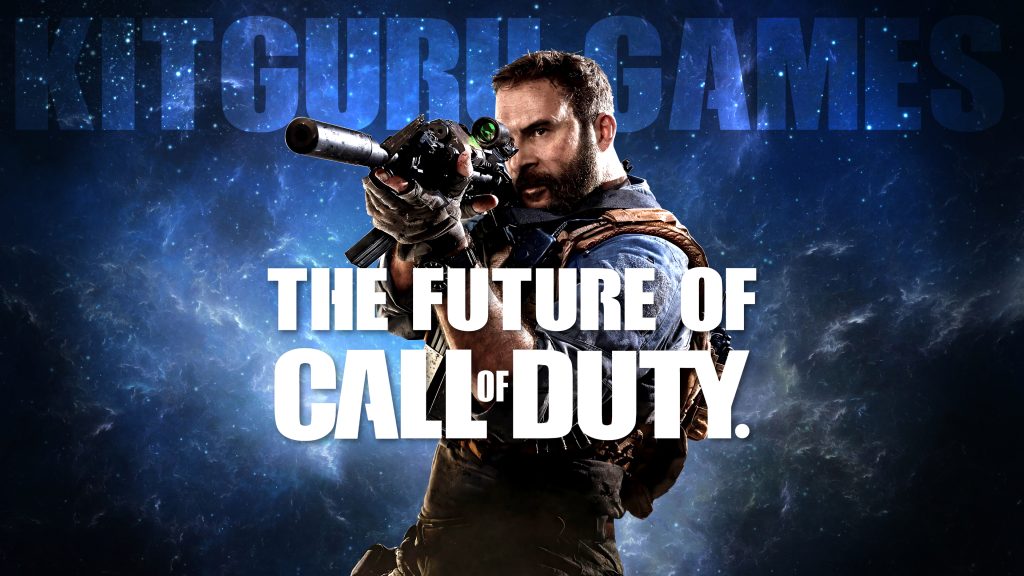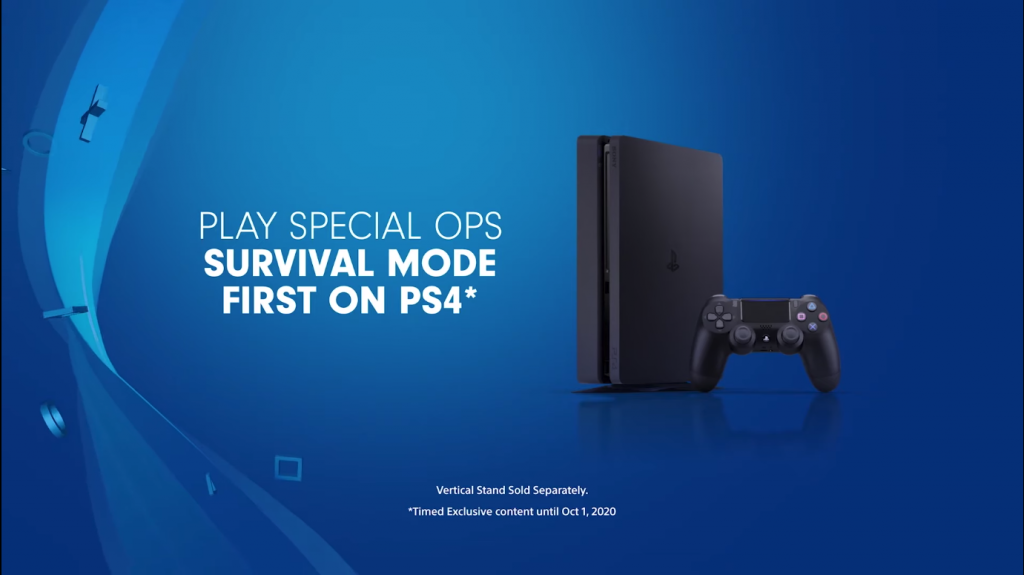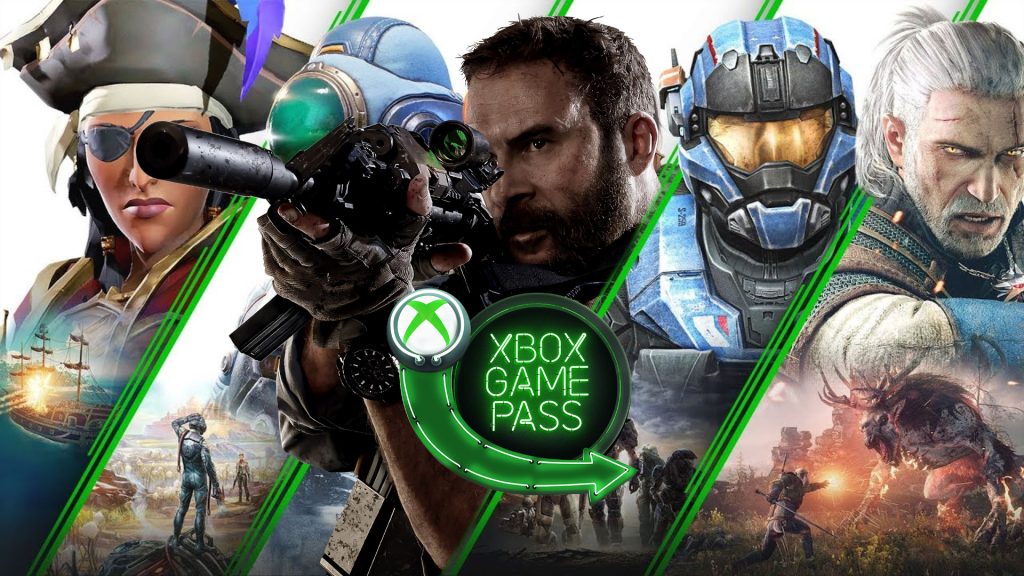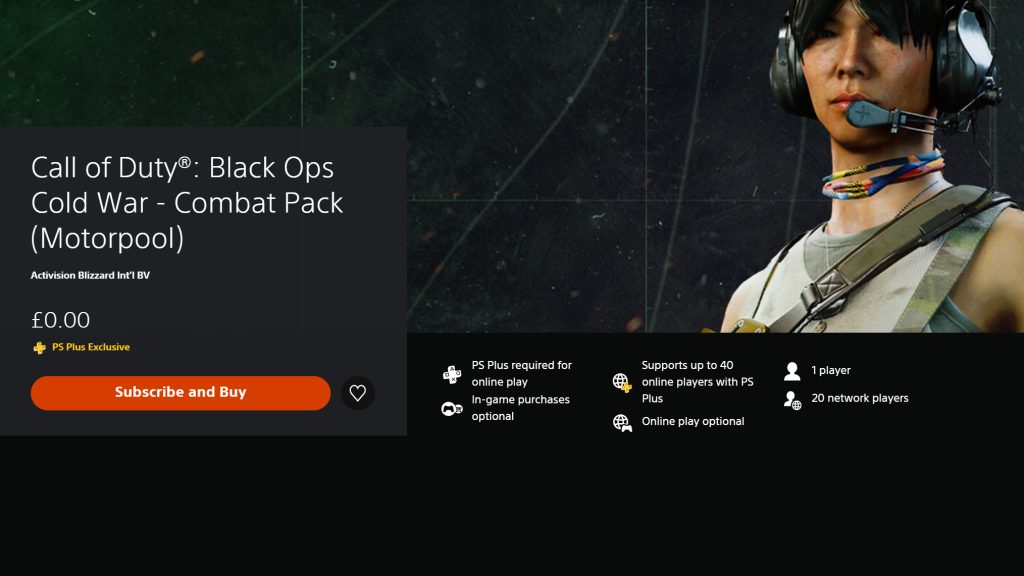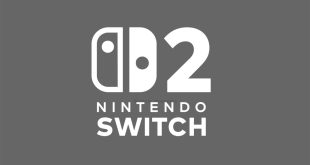Microsoft dropped an absolute bombshell when the tech behemoth announced that they would be acquiring video game publishing giant Activision Blizzard for a whopping $68.7 Billion USD. What this means for the industry is yet to be known as the deal is set to close some time next year. That being said, the console manufacturer has already offered a statement regarding Call of Duty – though it is rather confusing. On this week’s KitGuru Games, we will analyse Microsoft's statement, and what we think it actually means for the future of the franchise – all corporate speak removed.
Call of Duty is by far Activision’s biggest intellectual property. Since 2003, the first-person shooter franchise has made Activision over $27 Billion USD – which is almost 40% of the entire value of the Activision Blizzard acquisition by Microsoft. Call of Duty is Activision’s cash cow, however now in the hands of Microsoft Gaming CEO Phil Spencer, the franchise could go in any number of directions.
Firstly, let's address Spencer’s official word on the matter. Just days after the acquisition announcement, Phil Spencer took to Twitter to say “Had good calls this week with leaders at Sony. I confirmed our intent to honor all existing agreements upon acquisition of Activision Blizzard and our desire to keep Call of Duty on PlayStation. Sony is an important part of our industry, and we value our relationship.”
What this means exactly is still unknown. Upon initial reading, one may think that what Spencer is saying is that Call of Duty will forever remain a multiplatform title, however with his strategic use of phrases such as “intent to honor” and “existing agreements” it is just as likely that Call of Duty will remain on playStation only for as long as previous contracts dictate.
Ever since 2014’s Call of Duty: Advanced Warfare, the franchise has been closely aligned with PlayStation. During the early days, this would mean that Sony consoles saw access to new maps and weapons a whole month earlier than other systems. As cross-play became a much bigger demand from players, the need to ensure equality between systems was realised, and so the ‘PlayStation Advantage’ came in the form of some timed-exclusive modes – most of which were throwaway and low-effort – and marketing rights of course.
It is safe to assume that this partnership between the two companies is contracted to last for a certain number of Call of Duty entries. How many exactly? No one knows, and so it is entirely possible that as soon as all contracts and agreements made between Sony and Activision on behalf of Call of Duty are up, the franchise could go exclusive.
Another way to read Phil Spencer’s statement is that Call of Duty will remain on PlayStation permanently. As mentioned earlier, Call of Duty has made Activision Blizzard $27 Billion since 2003. Microsoft could in theory just keep the ball rolling exactly as is, and in a few short years, the price of acquiring the entirety of Activision Blizzard could be paid for using only Call of Duty money. This is potentially backed up by Spencer’s confusing statement.
Had good calls this week with leaders at Sony. I confirmed our intent to honor all existing agreements upon acquisition of Activision Blizzard and our desire to keep Call of Duty on PlayStation. Sony is an important part of our industry, and we value our relationship.
— Phil Spencer (@XboxP3) January 20, 2022
The specific use of the word ‘and' when saying “I confirmed our intent to honor all existing agreements upon acquisition of Activision Blizzard and our desire to keep Call of Duty on PlayStation” could mean that the intention to keep Call of Duty on PlayStation goes beyond any contractual agreements. The word ‘and’ is a coordinating conjunction, the purpose of which is to “connect words, phrases, and clauses that are of equal importance in the sentence.”
Using the word ‘and’ in the context of Phil Spencer’s statement could therefore suggest that the statement “I confirmed our intent to honor all existing agreements upon acquisition of Activision Blizzard and our desire to keep Call of Duty on PlayStation” could be also read as “ I confirmed our intent to honor all existing agreements upon acquisition of Activision Blizzard and our desire to keep Call of Duty on PlayStation” – as the first half of the sentence refers to other non-Call of Duty related contracts and agreements. There is of course another, relatively recent, variable which throws a spanner into everything. I am of course referring to Call of Duty: Warzone.
Warzone is a free-to-play battle royale game which has managed to break through Call of Duty’s annual release schedule. Released back in March of 2020, the game is coming up to its second anniversary. In this time, the free-to-play game has managed to amass over 100 million players (as of April 2021), which is mighty impressive considering the ‘premium’ Call of Duty titles have sold a total of 400 million copies since the first game’s launch back in 2003. Of course, comparing a free-to-play game with $60 titles is like comparing apples to oranges, however this comparison is simply to show the strength of Call of Duty currently. Warzone helped to dig Call of Duty out a creative rut which the franchise was beginning to experience.
While no platform breakdown has been provided for Warzone, it is safe to assume that a large number of the players hail from PlayStation. With a franchise so reliant on an active player base – due to Call of Duty's ever-increasing focus on multiplayer, would Xbox be willing to potentially not only alienate 10s of millions of Call of Duty fans, but also make the matchmaking experience worse due to a smaller player pool? It seems unlikely.
What then does this mean for the future of Call of Duty? There are already talks of stopping the franchise’s annual release schedule, which when combined with the success of the free-to-play Warzone and the decreased focus on single player stories, would make sense. In this hypothetical scenario where Call of Duty no longer releases annually (but when they do, they are multiplatform) how can Microsoft show that the best way to play Call of Duty is on Xbox? There are a few ways.
Microsoft is all in on Game Pass, the company’s game subscription service. All 25 million subscribers are able to get their hands on the latest and greatest first-party Microsoft titles day-one on Xbox Game Pass. In all of these instances, the games are available to purchase from the Microsoft Store, Steam, and other third-party store fronts, however those with a Game Pass subscription can get the game essentially for free. And with features such as game pre-loading, subscribers can technically get the game before it even releases.
All this is to say that Call of Duty could remain multiplatform with essentially no compromises on PlayStation, however the fact that PlayStation players have to pay $70 for the privilege while Xbox players get it almost for free could be enough in the eyes of Phil Spencer. That being said, there are still a few more tactics that Microsoft can employ.
Currently, Call of Duty Vanguard has some bespoke PS5 feature support which – in my opinion – makes it the best place to play Call of Duty. Foremost among these is support for the DualSense controller. PS5 Call of Duty titles support many of the DualSense’s most impressive features – namely the improved haptics and resistive triggers. While I feel as though Call of Duty: Black Ops Cold War did not implement these features in the best way possible, time has clearly allowed for the developers to get used to these new functions, as Vanguard launched with satisfying haptics and the right amount of trigger resistance.
When done right, the haptics and triggers are so good as to make PlayStation the only platform that I will personally play Call of Duty on. The best thing about Call of Duty is that its gameplay formula has been refined to near perfection over the years – and the DualSense only enhances this.
With Call of Duty soon to be under the Microsoft umbrella, it is likely that Xbox will now become the target platform for development. What this means is that features such as DualSense support may fall to the wayside. If this is the case, then the singular reason to play Call of Duty on PlayStation is removed, and so playing on PC or Xbox via Game Pass becomes the only logical way to do so – assuming you have either system.
Finally, the last way that Microsoft could increase the value of Call of Duty on Xbox without limited the franchise's reach is through exclusive cosmetic bundles. Currently, PlayStation Plus subscribers can get their hands on a number of free Call of Duty bundles which come with exclusive character skins and some other cosmetics. Being free, these cosmetics are rarely worth even redeeming, being just barely more exciting than the default looks.
Despite this, humans love to have free things, and so Game Pass players being able to drop into Warzone with an exclusive green Xbox skin (or whatever Microsoft wants) aligns the game with Xbox and makes for a surprisingly compelling argument for playing the franchise on Xbox.
For me personally, the DualSense features are enough to convince me to keep playing Call of Duty on PlayStation. Take that away and I will gladly use my Game Pass subscription to play Call of Duty on PC instead. Of course, everyone is different, and Microsoft knows that. What they ultimately choose to do with Call of Duty is unknown, however their eventual choice will be incredibly telling – revealing not only what Microsoft deems to be important for gaming, but what they think the audience deems to be important.
Will these two align? We will have to wait and see. For a franchise as storied and bipartisan as Call of Duty, Microsoft’s actions will speak volumes.
Discuss on our Facebook page HERE.
KitGuru says: What do you think Microsoft will do with Call of Duty? Are you choosing to take Phil Spencer’s words face value? Do you care about the DualSense? Let us know down below.
 KitGuru KitGuru.net – Tech News | Hardware News | Hardware Reviews | IOS | Mobile | Gaming | Graphics Cards
KitGuru KitGuru.net – Tech News | Hardware News | Hardware Reviews | IOS | Mobile | Gaming | Graphics Cards

